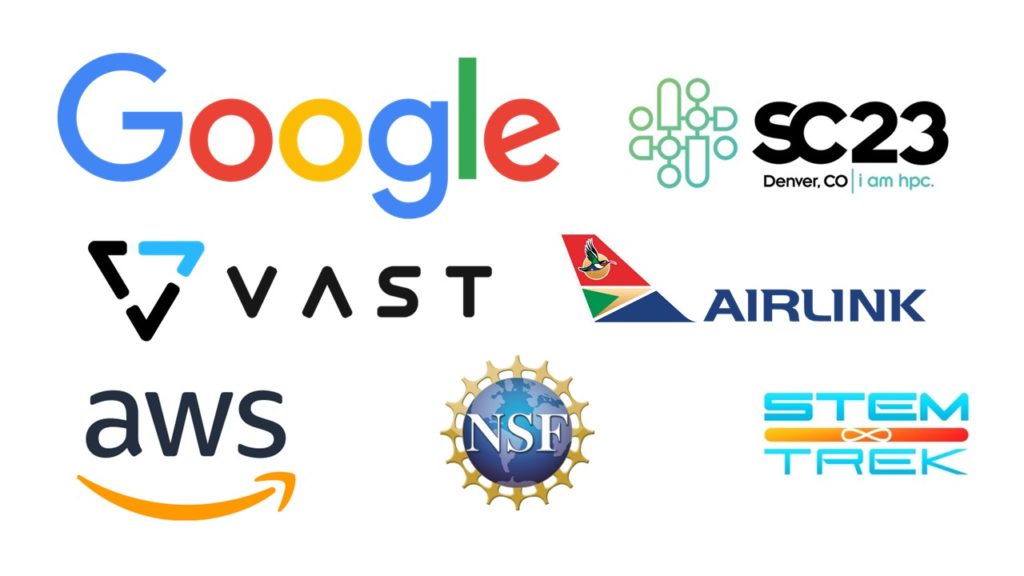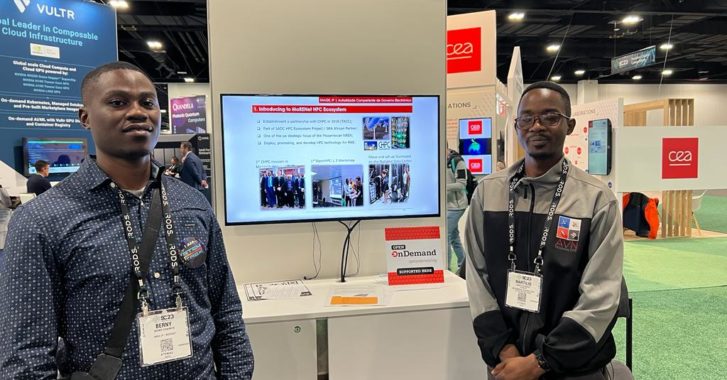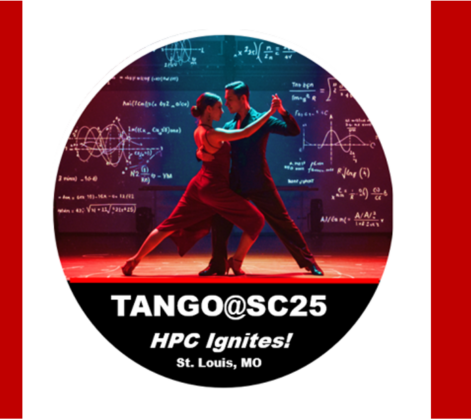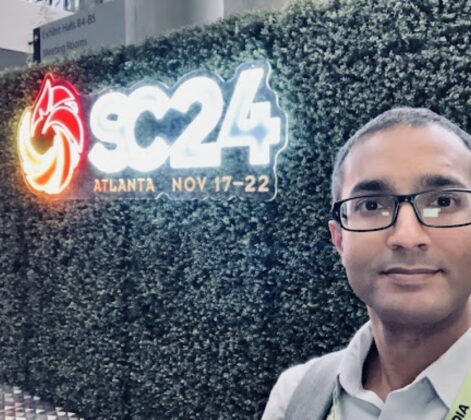By Berny Chaimite HPC Principal Administrator at Mozambique Research and Education Network (MoRENet)
My blog includes highlights from the SC23 conference in Denver, Colorado, U.S., Nov. 12-18, and the NRG@SC23 pre-conference workshop, Nov. 9-11. I participated as part of a Southern African Development Community (SADC) HPC Ecosystems delegation led by the South African Centre for High Performance Computing (CHPC). As a computer scientist and HPC engineer at MoRENet, I was delighted at the prospect of engaging once again this year. My blog covers the range of emotions I experienced in the weeks leading up to SC23!
Anxiety: Last-minute approval – SC23 registration and flight
STEM-Trek had limited funds this year; it was necessary to prioritize those who had not previously attended SC22. Since I was in Dallas for SC22, I encouraged my colleague, Martilio Banze to apply, and he was awarded a STEM-Trek travel grant.
Since this was Martilio’s first trip to the U.S., we asked our general director (National Institute of e-Government – INAGE) for travel support so that I could accompany him, and the request was approved. When developing our justification, we emphasized the NRG@SC23 program’s jetlag day visit to the U.S. National Center for Atmospheric Research (NCAR). MoRENet supports the national weather forecast service using the Stampede cluster. For many policymakers, HPC is still a mystery, so we made sure to explain how the resources are used, and that opportunities to engage with the African HPC Ecosystems community of practice are essential – we learn together with a shared vision and mission.
Hope: VISA
Obtaining a visa in a meaningful timeframe is difficult in some SADC countries; others were denied the opportunity to attend SC23 because the process took too long. But several factors worked to our advantage in Mozambique. I was already in the system since I was scheduled to give a talk in Uganda at the UbuntuNet conference just prior to departing for the U.S. Once our director approved our SC travel, the U.S. Embassy in Maputo processed our visas quickly, and hope was restored!
More anxiety: Flight and conference registration
Just when we thought we were all set, something unexpected happened (and my hair turned white again). Administrative problems between our institution and the travel agency almost grounded us. Fortunately, the issues were overcome, and we received flight confirmations about 18 hours prior to departure.
Since my participation was covered by MoRENet, we encountered a payment issue when attempting to purchase my SC23 registration. Transferring foreign currency from one country to another can take a month or more to process. It’s almost like money is like a person – it needs a visa from both countries involved! To overcome this hurdle, Elizabeth Leake (STEM-Trek) and Bryan Johnston (CHPC) worked with SC23 conference organizers to reassign a registration that another SADC delegate forfeited when they couldn’t get their visa in time. Hope was restored!
Despite being the last among African HPC Ecosystems delegation members to be confirmed, we were the first to arrive in Denver on Nov. 7.
Adapting: Elevation, timezone, climate, and food
Upon traveling to the mile-high city from our tropical, coastal region that’s slightly above sea level, we had to adjust to the elevation and temperature. I packed an arsenal of sweaters and shared them with my colleague, Martilio (who didn’t realize that it snows in Denver). By arriving a day early, we could catch up on sleep; Maputo is nine hours ahead of Denver. For me the most difficult part when traveling is adapting to local food. In Denver, thanks to a recommendation from Umesh Upadhyaya (HPC Nepal), we discovered Indian cuisine which is closer to what we’re used to in Mozambique. After a Walmart run for rice, oil, spaghetti pasta, sardines, eggs, meat, fruit, and juices, we were able to prepare our own meals since our accommodation had a kitchen.
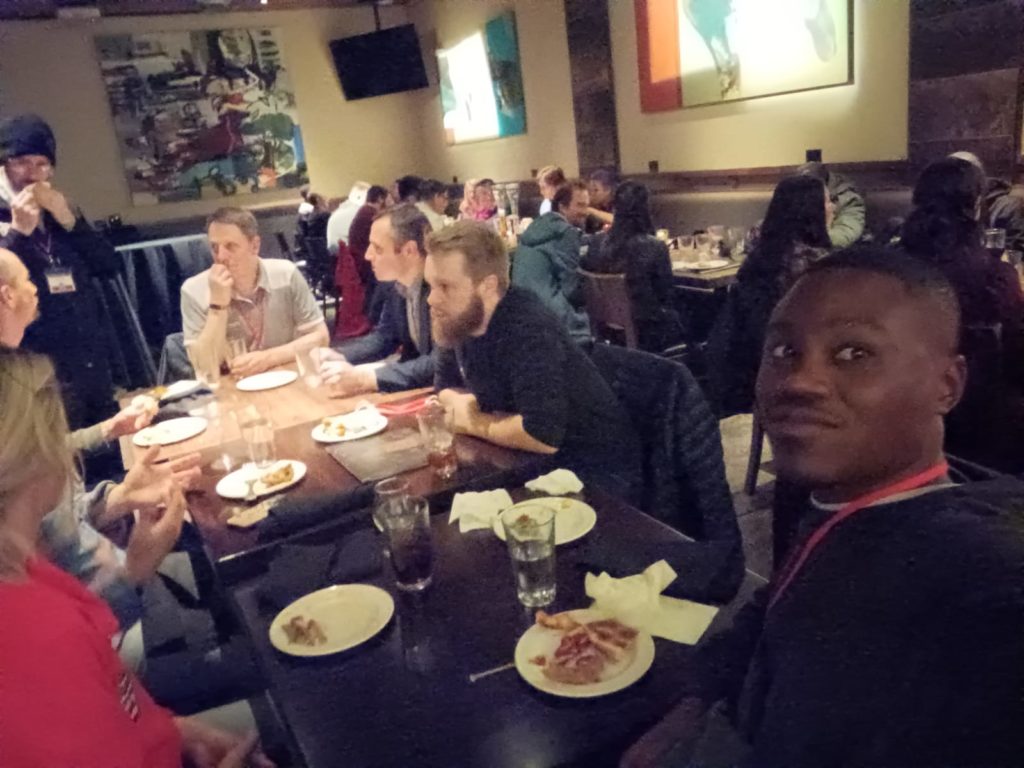
The Main Course – Learning and fostering relationships.
NRG@SC23 pre-conference jetlag day – NCAR tour, Boulder-CO
NCAR (UCAR – University Corporation for Atmospheric Research) arranged several scientific talks which highlighted the following:
- Environmental sustainability solutions for Africa;
- An early 2024 NCAR/UCAR workshop based in Africa will provide another opportunity to engage;
- Funding opportunities from NGOs, industrial/private sectors and other philanthropic agencies support NCAR/UCAR research in Africa;
- OpenioTwx is a portable, modular, and open-source 3D-printed weather station platform developed by NCAR.
This field trip was truly enriching. Detailed presentations of innovative projects, the Mesa Lab tour, and an overview of NCAR’s history expanded the African delegation’s awareness, in general. The team from Mozambique, in particular, was especially pleased to connect with scientists from domains that are important to the research drivers we support.
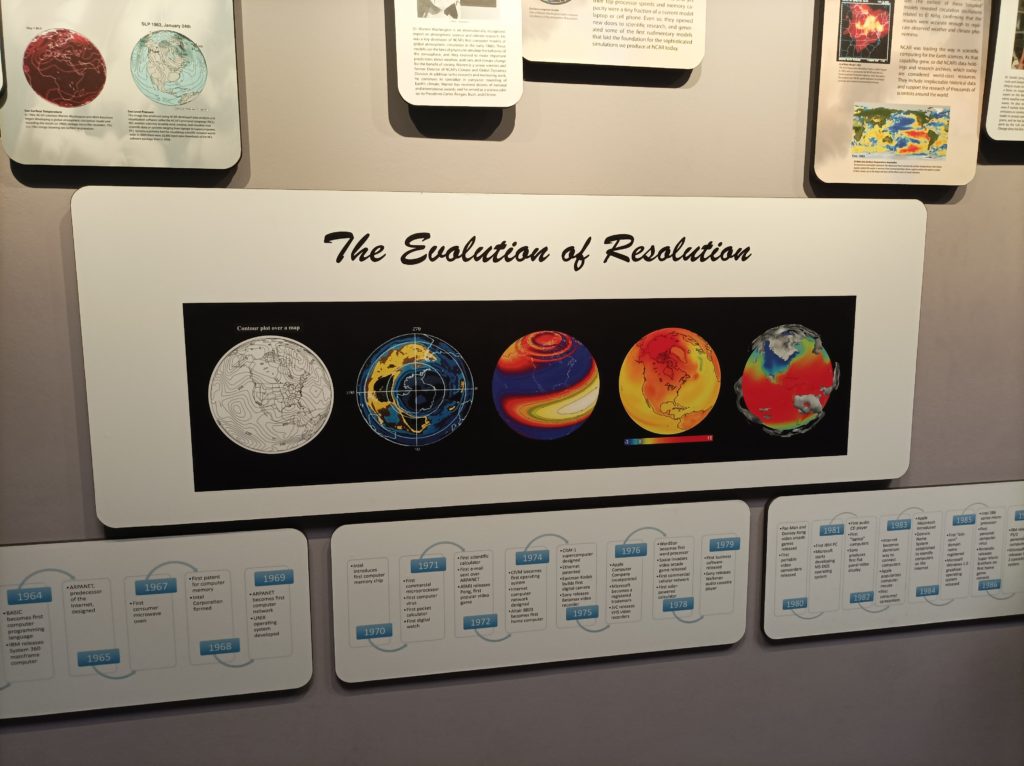
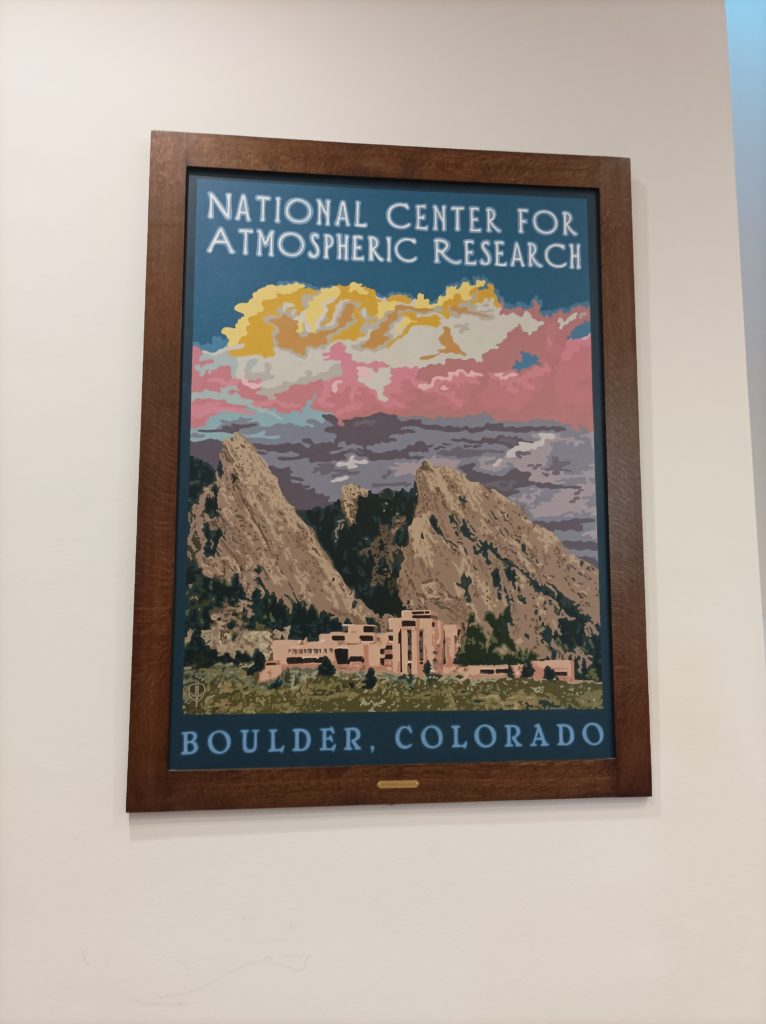
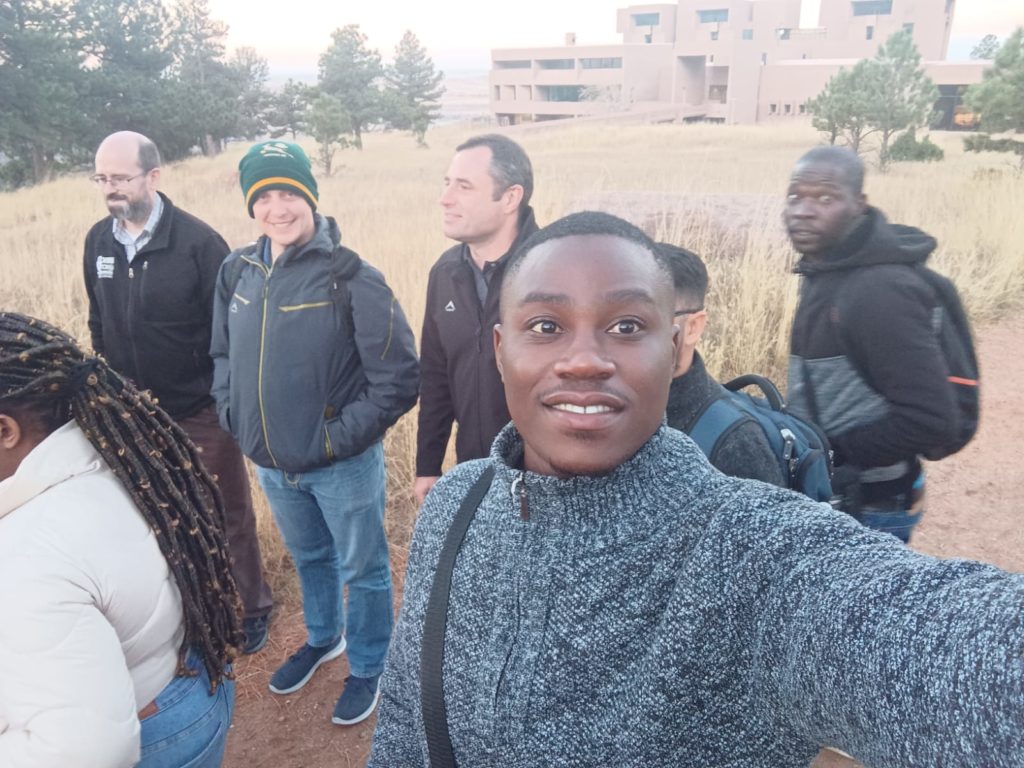
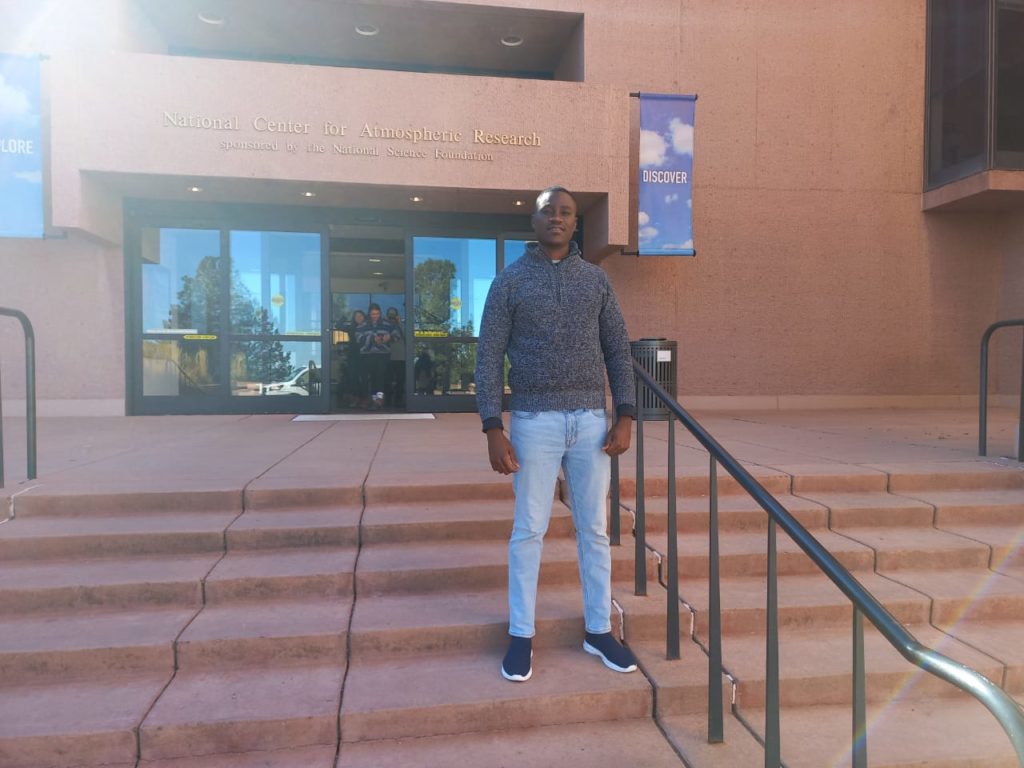
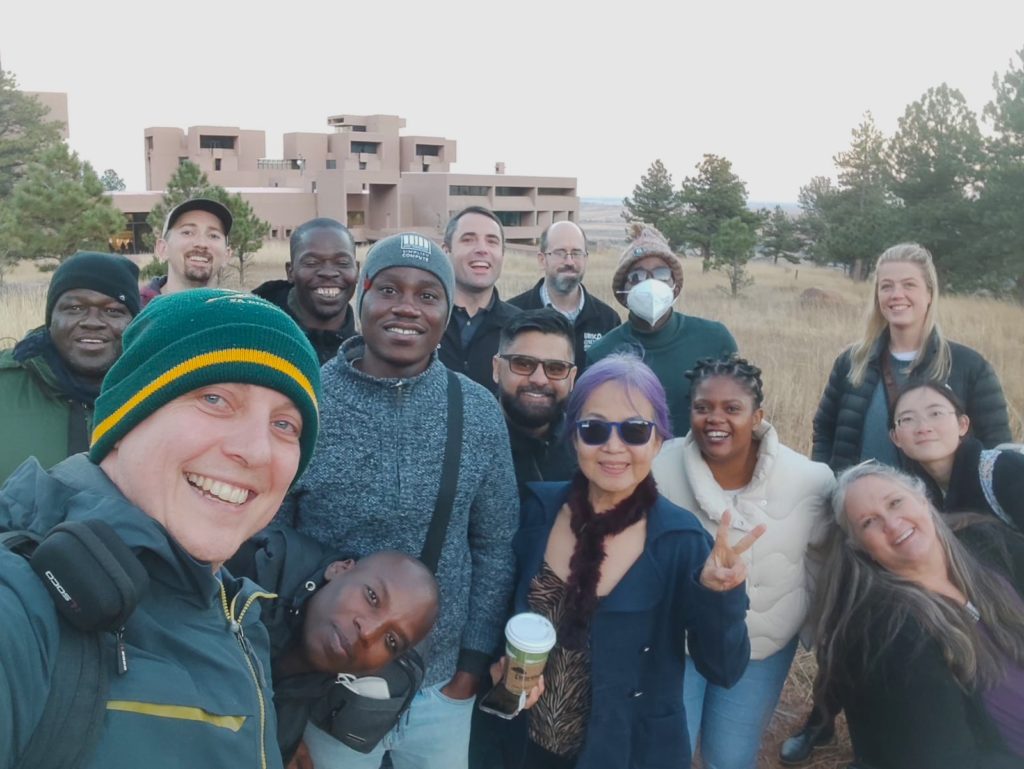
The NRG@SC23 pre-workshop
The pre-workshop NRG@SC23 was organized by STEM-Trek. Over two days, we were introduced to a series of ongoing energy-related research projects that are developing best practices, toolkits and strategies needed to tackle global grand challenges. Several speakers emphasized Internet of Things and artificial intelligence (IoT and AI) innovation, and others provided a glimpse at quantum’s future.
SC23 Workshops + Technical Program
During SC23 I attended sessions developed for those who implement and maintain advanced computing clusters, manage data, train users, secure systems, and build strategic partnerships with agencies that support science in resource-constrained countries.
Some highlights from a session on secure coding:
- Develop reliable computing architectures that minimize the impact of vulnerabilities.
- Follow secure design principles when engineering software, especially for system and middleware.
- Train HPC users how to detect vulnerabilities and failures.
- Initialize testing and vulnerability assessments across the entire HPC stack.
- An HPC Risk Management Framework (RMF) minimizes risk in the use, operation and management of HPC systems at the regional level.
The biggest challenges are supporting and training today’s diverse users, while preparing future educators, researchers, programmers and policymakers to keep up with rapidly evolving environments. Both are essential to promote research discovery and economic competitiveness for generations to come.
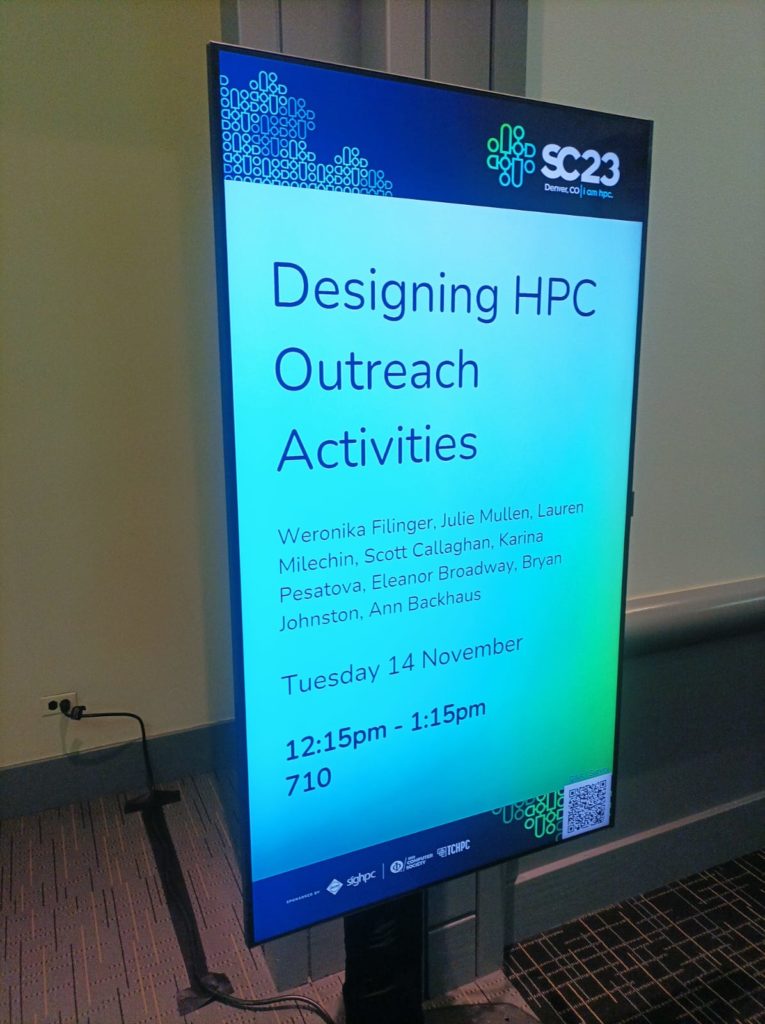
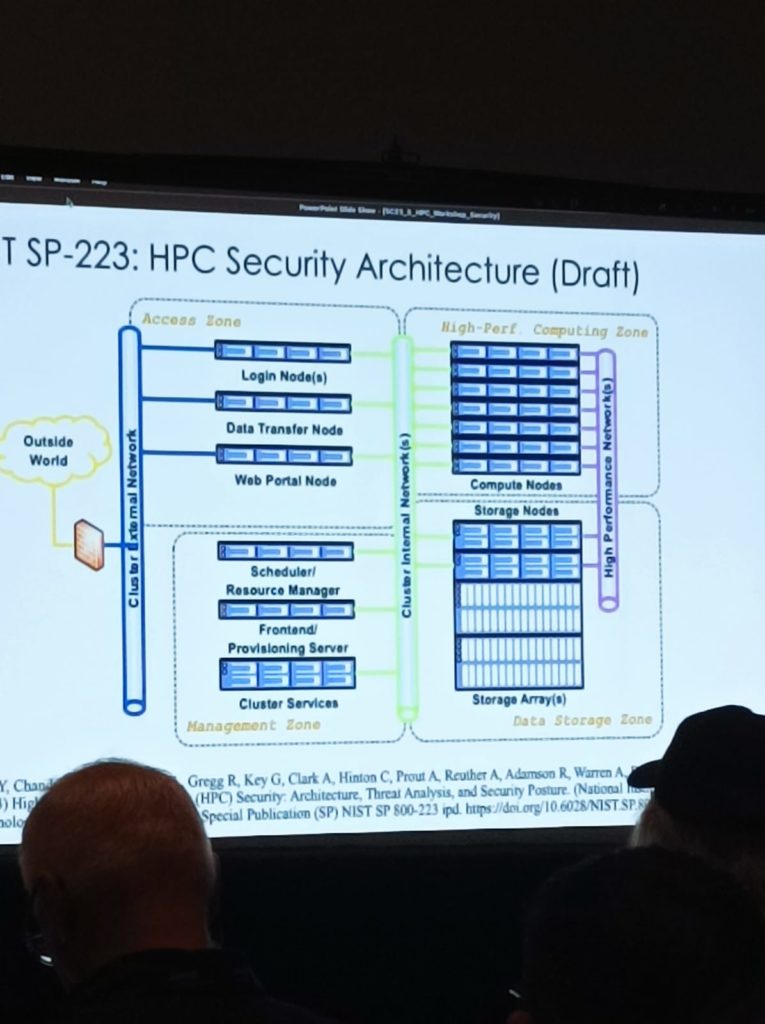
Meeting with VAST
In our meeting with VAST Data CTO Andy Pernsteiner, I provided an overview of MoRENet research computing services. We discussed how the VAST data platform was developed specifically to make flash accessible for applications. We concluded that MoRENet’s Ecosystem does not yet meet the minimum requirement of 100TB; we currently supply supercomputing power – not storage, but we hope to expand services in the future. We will continue to work with Mozambican institutions to optimize processing power and identify data storage needs.
Meeting Texas Advanced Computing Center (TACC) colleagues
We met with TACC stakeholders to discuss how we’re currently using resources that were donated by TACC (U-Texas at Austin), and the possibility of inheriting Stampede3 equipment in 2024. This meeting helped to align expectations, share insights and strengthen strategic partnerships between SADC HPC Ecosystem project members and TACC. The status of infrastructure, prospects and logistical issues associated with the potential donation. The meeting reinforced our mutual commitment to research and innovation.
Gratitude: Obrigado and Khanimambo!
SC23 and NRG@SC23 increased my technical knowledge and reaffirmed my commitment to this career track. Knowledge gained, connections made, and opportunities identified have direct implications on MoRENet’s ability to shape Mozambique’s future through the use of HPC. I was inspired by what I learned and can now envision a clear path toward applying this knowledge to advance the process of discovery in many domains. I’m also better prepared to enlighten policymakers who will, hopefully, continue to support our program.
Thank you to all who helped make it possible: INAGE (MoRENet), STEM-Trek, NICIS (CHPC) and sponsors.
Obrigado (“thanks” in my official language – Portuguese),
Khanimambo (“thanks” in my local language – Changana).

